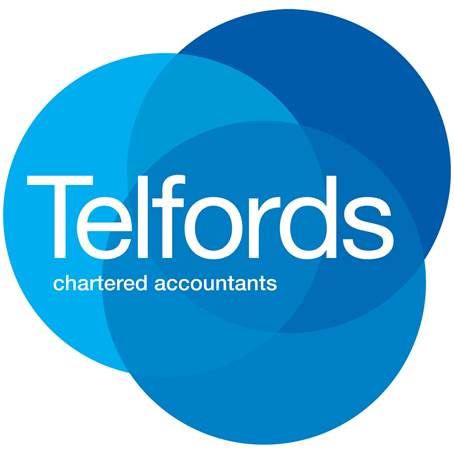R&D. It’s not rocket science
Why you don’t need to wear a white coat to claim Research and Development Tax Credits.

The UK Government’s definition of ‘Research and Development’ is much broader than people think. Which is why, even if you’re not in a creative or tech business, you can still qualify for R and D Tax Credits.
The HMRC definition of who can claim Research and Development Tax Credits:
Your company is involved in activities that have:
- sought to achieve an advancement in science or technology
- have faced a degree of uncertainty
- have overcome that uncertainty
If your business has met any of those qualifications there is a good chance that the work is eligibly for Tax Credits.
R&D or ‘Research and Development’ Tax Credits probably probably make you think of boffins in white coats or geeks huddled around a circuit board.
In fact, they were introduced to encourage companies to spend more on ideas and innovation; a tax incentive to make the UK a more attractive place for imaginative and enterprising companies to start – or do – business.
‘Innovative activities’ include creating new products, processes or services – or even making changes to existing products, processes or services.
That could be you, right?
And R and D Tax Credits are worth claiming. As an SME you can get back up to 33% of what you spend on innovation. That could have a big impact on your future.
Even for larger businesses, up to 10% of the cost of Research and Development can be recovered.
So, who qualifies for Research and Development Tax Credits?
Surprisingly, it’s not just the nerds, geeks and Bill Gates who do research and development. It’s you, too. If you create a product, process or service that improves on what’s already out there, using some form of technology or science, you’re a boffin too…
- You’ve developed a digital crowdsourcing platform.
That qualifies for R&D Tax Credits - You’ve improved a manufacturing process.
That’s R&D. - You’ve created a statistical model to interpret consumer spending based on sample polls.
That qualifies for Research and Development Tax Credits - You’ve found a better way to install building materials.
Yeah! R&D Tax Credits! - You’ve designed an online learning course.
Yep. That’s Research and Development too. - You’ve made software that connects e.commerce businesses to consumers.
Woo hoo! R&D Tax Credits.

And Research and Development Tax Credits aren’t just for the major projects that change a whole industry or improve the world.
Even if all you do is improve your own internal business processes using tech or science, that qualifies too. For instance, if you’ve paid a Darren the freelance developer to write code that improves your in-house inventory software, you could claim back 26% of his fee!
So Research and Development Tax Credits are too good to be true? The downside is the fee for submitting a successful claim. Some specialist firms will charge as much as 25% of the tax relief you receive for doing the paperwork.
However, to keep your costs down, Telfords work on a fixed fee basis with small claims costing as little as £600 (plus VAT) and larger ones around £1,500 to £3,000.
But there’s no charge to find out if your eligible. Just get in touch, we’d be happy to have a no obligation chat to find out whether your R&D project qualifies.
